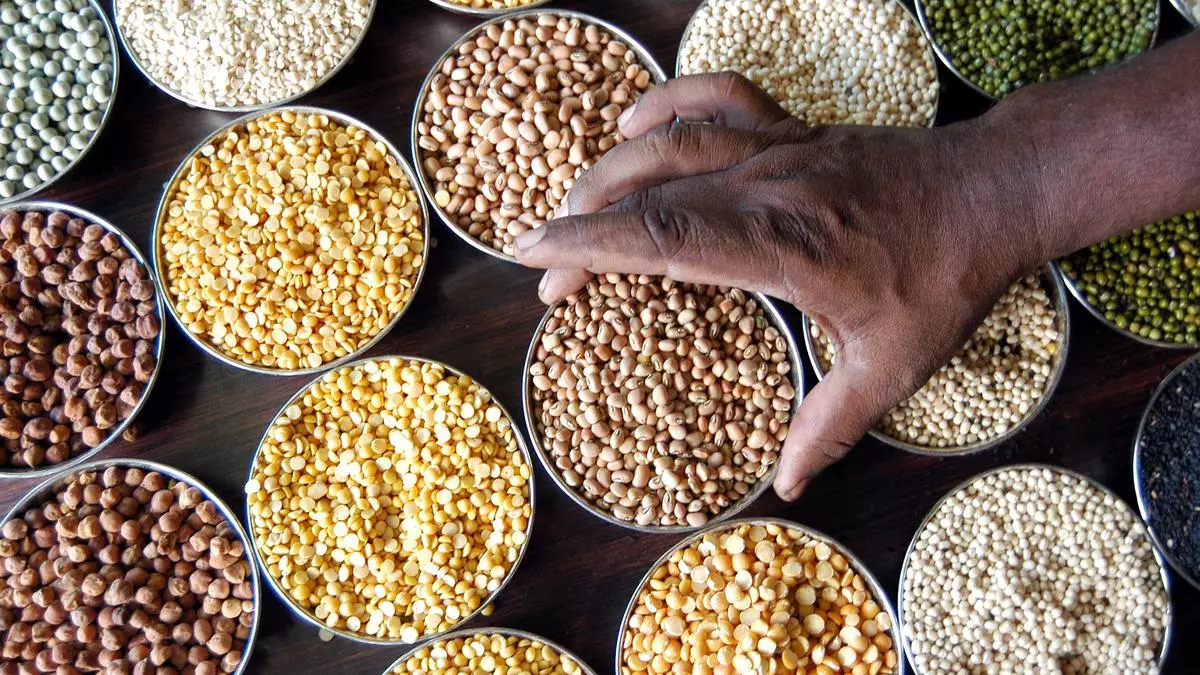Centre hikes kharif crops’ MSP by 5-10%; does not see impact on inflation
Even with a 5-10 percent increase in the minimum support price (MSP) for 14 types of fall crops, the government said on Wednesday it did not expect an impact on inflation. However, he conceded that rising incomes had driven up demand for grain, which is experiencing double-digit retail inflation.
The Cabinet Committee on Economic Affairs (CCEA) has approved plans to increase the planting of the kharif crop, whose sowing has already begun. Briefing the media later, Food Minister Piyush Goyal said, “Farmers will benefit from the increase in MSP at a time when retail inflation is on a downward trend.” The MSP was determined for 23 crops (14 fall, six spring and three specialty crops) based on the recommendations of the Committee on Agricultural Costs and Prices (CACP).
However, the agricultural community is not satisfied. According to Rampal Jat, Chairman of Kisan Mahapanchayat, while the rise of MSP in Moong is the highest compared to other crops this year, farmers can only get the benefit when they are purchased like wheat and rice. “Currently, 75 percent of the total production of moong is excluded from the scope of MSP as official purchase is restricted to more than 25 percent of the total production,” he said.
With regard to the double-digit inflation in grains, Goyal said that inflation is lower than in other countries, stressing that this reflects the high demand for grains as a result of the increase in income. He said the prime minister has given top priority to curbing food price inflation, which is highly controlled compared to other countries, adding that a group of ministers headed by Home Minister Amit Shah meets regularly to assess the situation.
Echoing the same, a research report by the SBI said that the role of MSPs in influencing the course of inflation in India has been a subject of intense academic and public policy debate. While empirical results are mixed, the actual impact of the hike will depend on the center’s procurement strategy as well as the governing market prices of various crops compared to revised MSEs.
“The impact on inflation will be muted because e-NAM prices are higher than the MSP increase for many crops, and purchases of crops other than rice and wheat are also limited,” she said.
